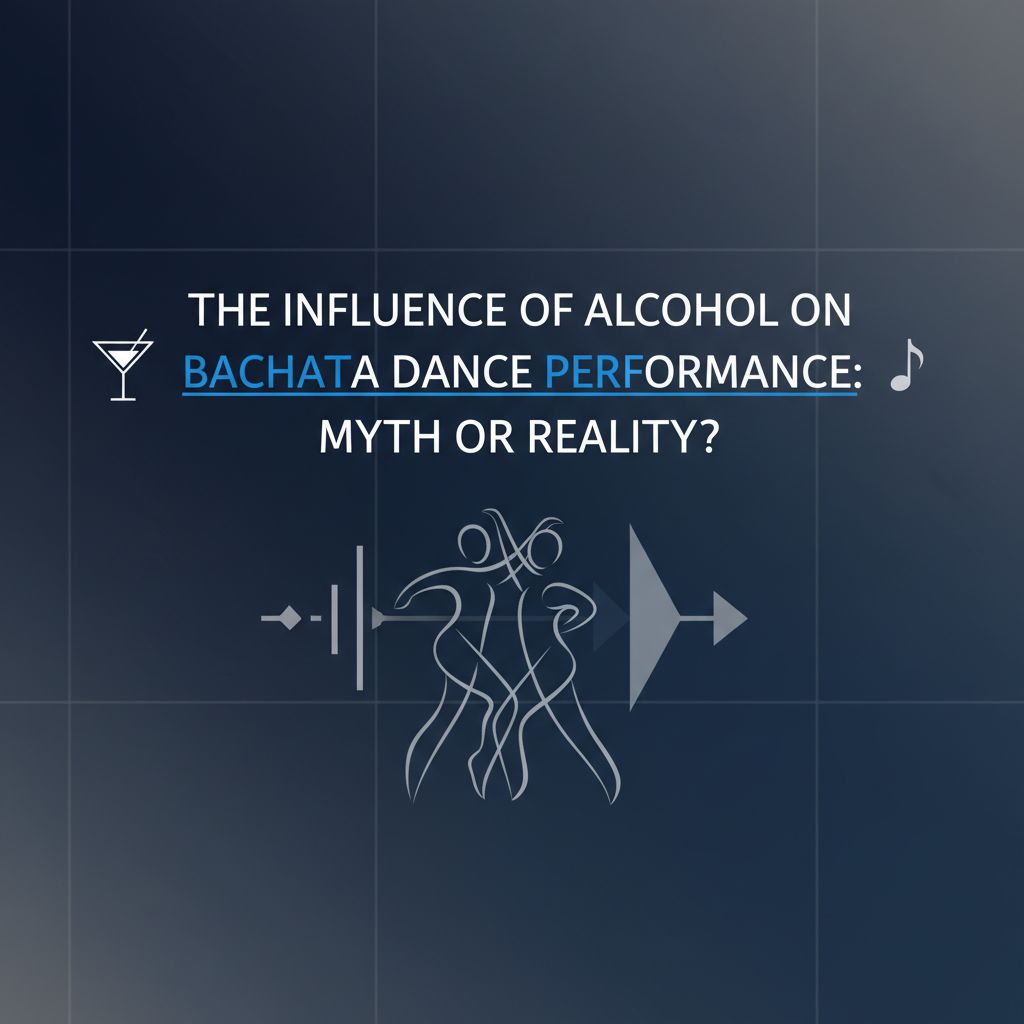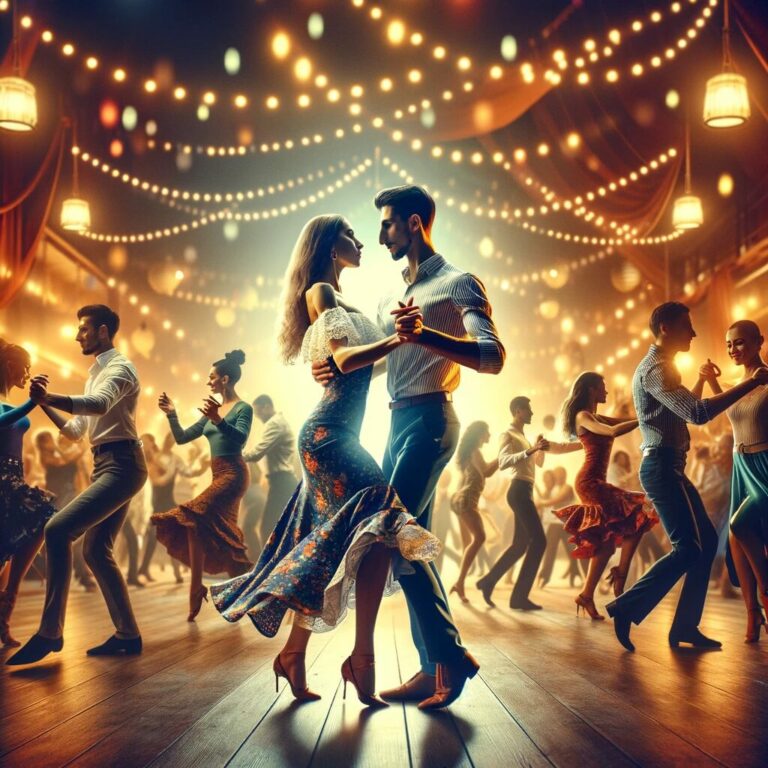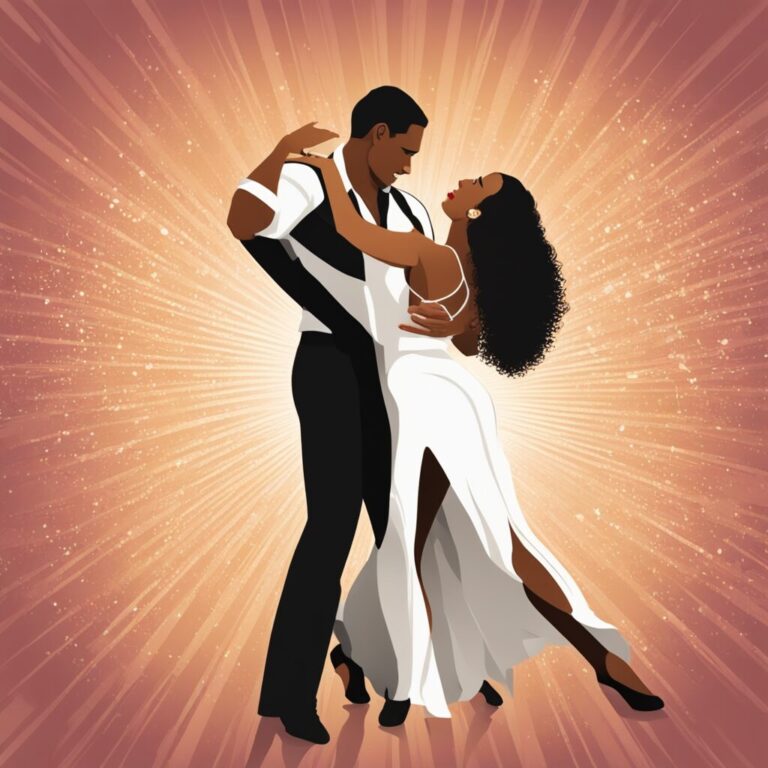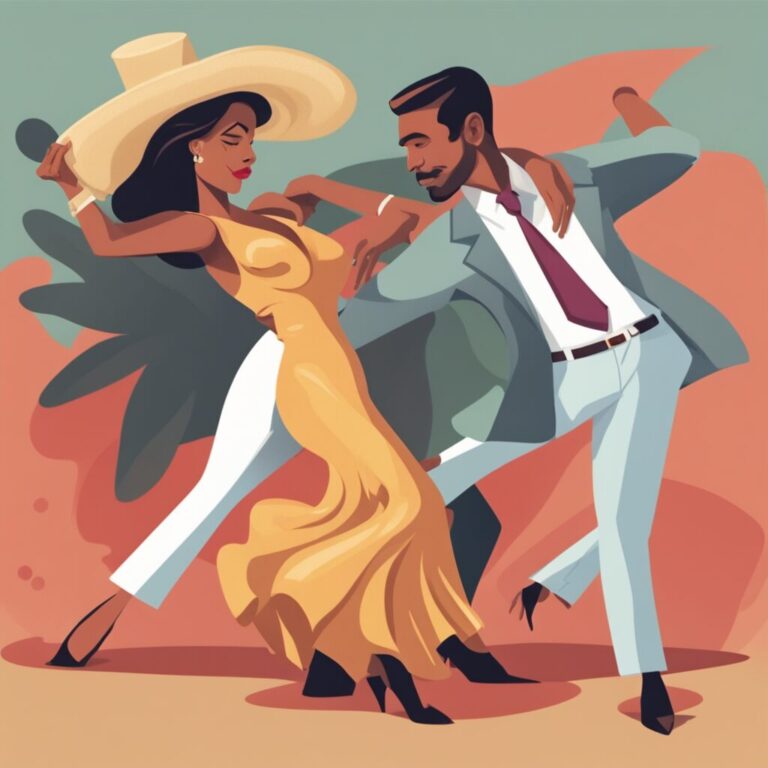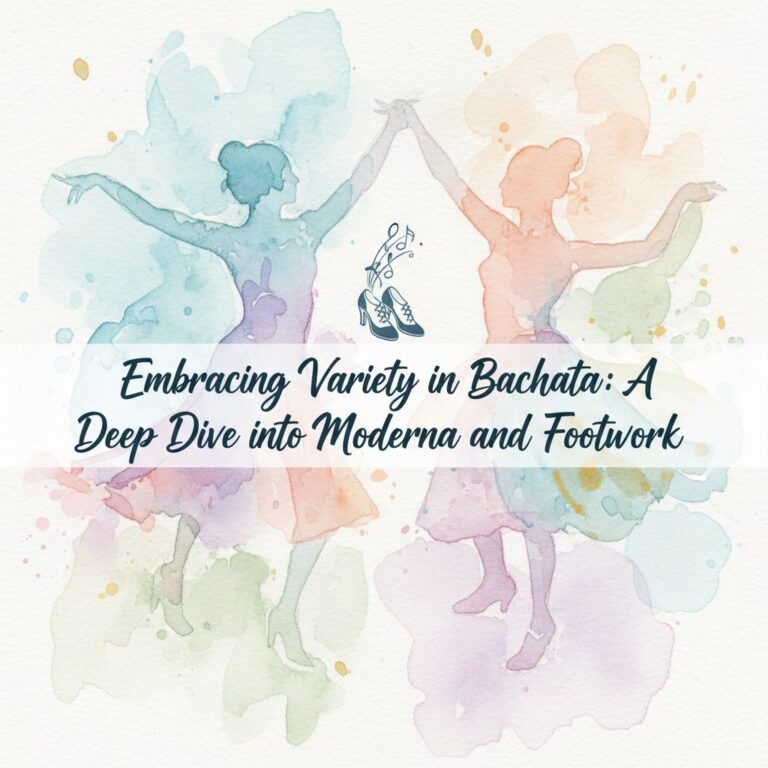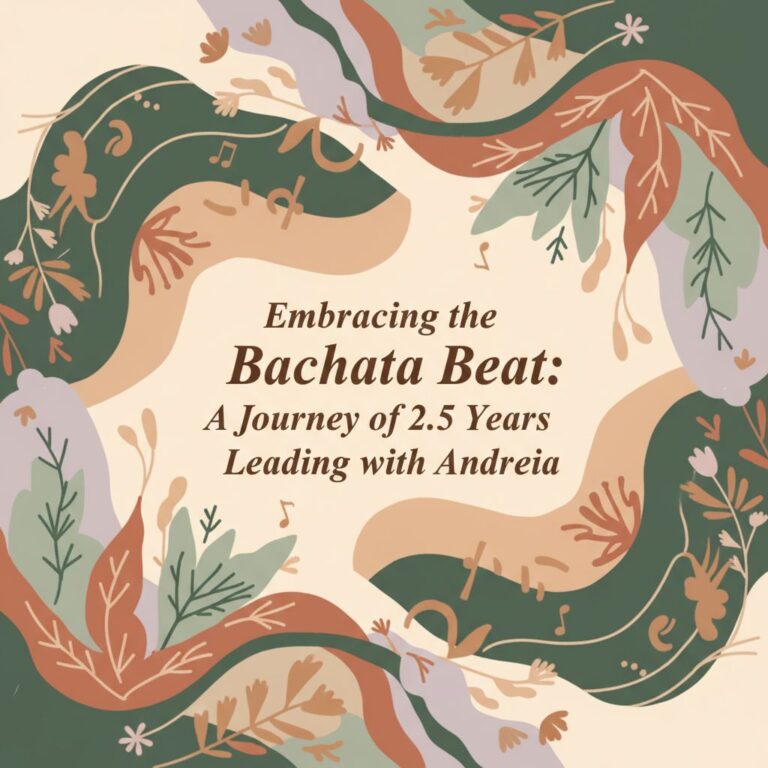Perceived Effects of Alcohol on Dance Performance
It’s not uncommon for dancers to believe that a few drinks can help them loosen up and perform better on the dance floor. The inhibition-lowering effects of alcohol may provide a temporary boost to self-confidence. This can lead to a perceived sense of improvement in dance abilities, particularly in social dance styles like Bachata, where personal expression and connection with a partner are key components. However, these perceptions can be deceptive.
The Reality of Alcohol’s Impact on Dance Performance
While it’s true that alcohol can lower inhibitions and potentially make some dancers feel less self-conscious, it’s important to understand the drawbacks. Alcohol can impair balance, coordination, and reaction times, all of which are crucial elements of dance. It also affects cognitive function, which can lead to a decrease in the ability to learn and retain new routines or techniques.
The Downside of Dependency
Moreover, relying on alcohol as a performance enhancer can lead to unhealthy habits and dependency. If dancers consistently turn to alcohol to improve their performance, it may prevent them from addressing underlying issues such as performance anxiety or lack of confidence. It’s crucial to develop healthier coping mechanisms and strategies to improve dance performance. This could include rehearsing regularly, seeking feedback, or engaging in mindfulness exercises to reduce anxiety.
Becoming a Better Dancer: Alternatives to Alcohol
Instead of turning to alcohol, consider other ways to enhance your dance performance. For instance, regular practice is the best way to improve technique, rhythm, and coordination. Also, participating in dance workshops or classes can help you learn from others and boost your confidence.
Mental and Emotional Aspects of Dance
Dance is as much a mental and emotional endeavor as it is a physical one. Cultivating a positive mindset and maintaining a healthy emotional state can significantly improve your Bachata dance performance. It’s also essential to embrace and enjoy the journey of learning and improving as a dancer rather than focusing solely on the outcome.
Final Thoughts
In conclusion, while alcohol may temporarily reduce inhibitions and make dancers feel more confident, its drawbacks far outweigh any perceived benefits. Ultimately, it’s practice, perseverance, a positive mindset, and a healthy lifestyle that lead to true improvement in Bachata dance performance.

